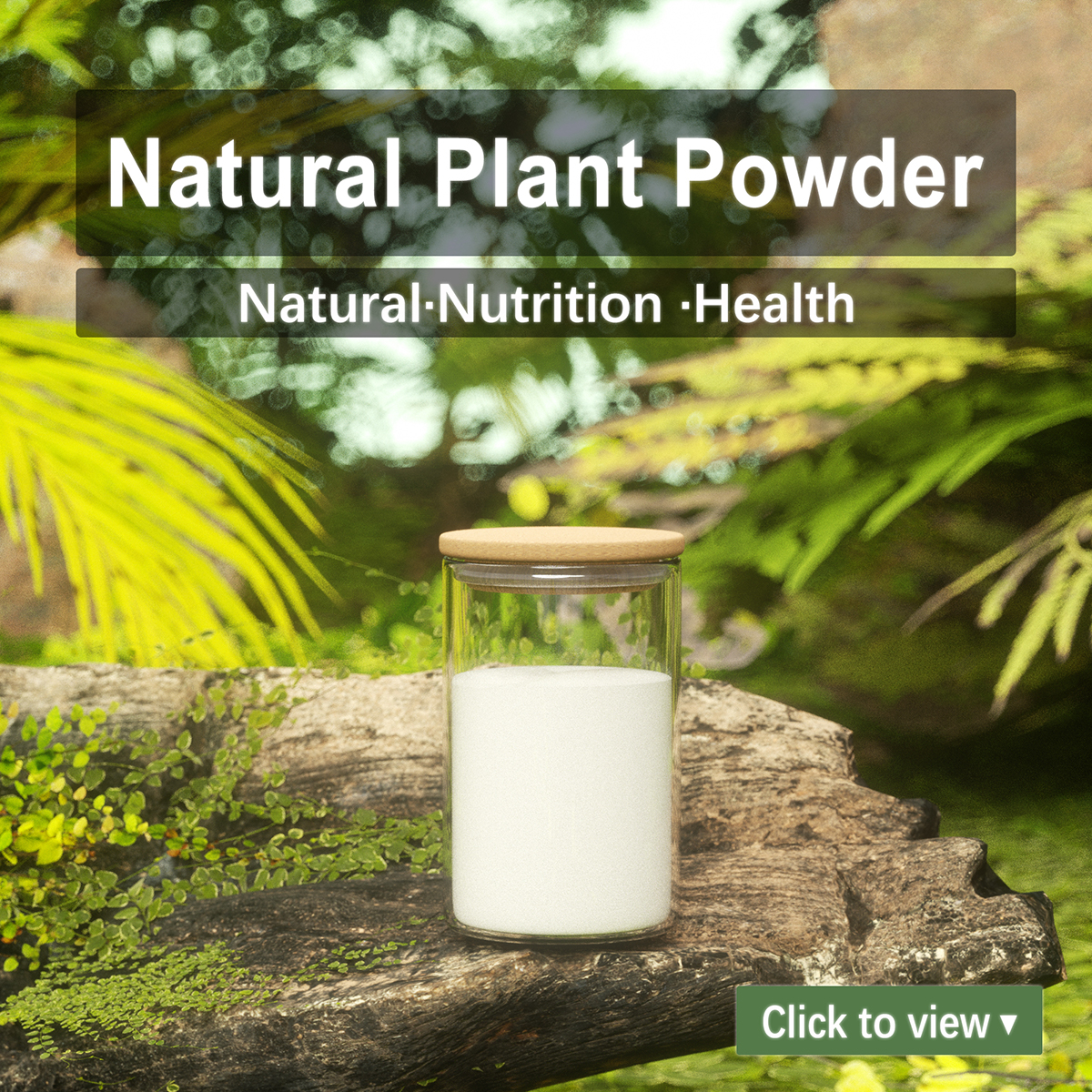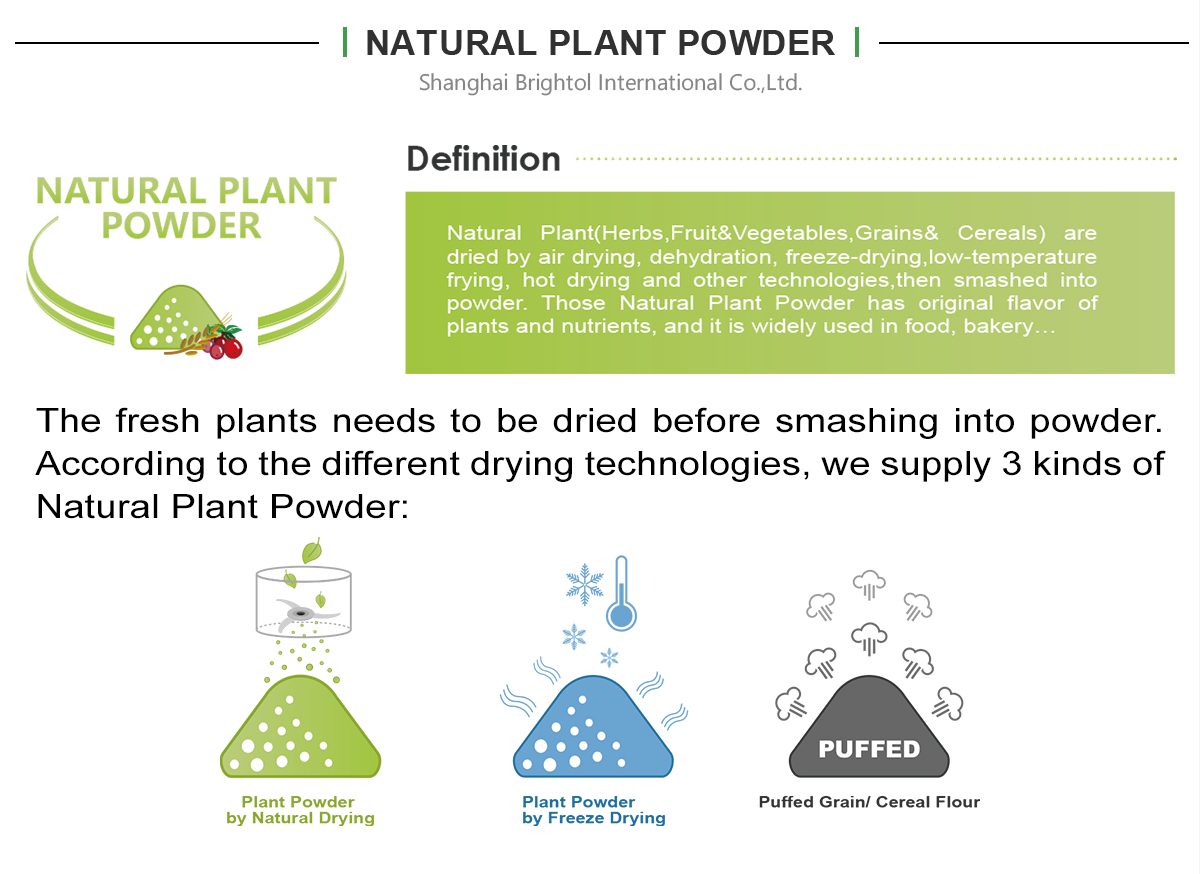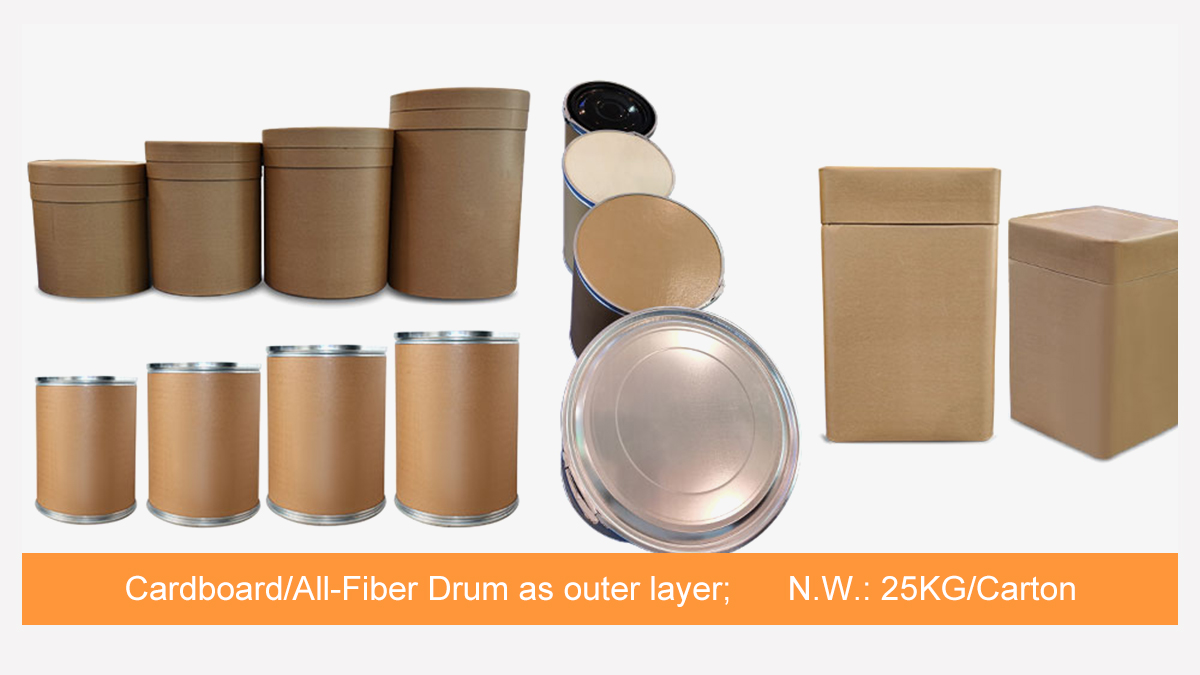

Description
Apricots, scientifically known as Prunus armeniaca, are small drupes that resemble and are closely related to peaches or plums. They have a soft, tangy flesh beneath thin outer skin. In the middle of the apricot is a large pit, which is inedible, so be careful when taking that first big bite. They are typically yellow or orange, with a slight tinge of red on one side.
Apricots are a delicious fruit packed with vitamins, fiber, and antioxidants. They have multiple benefits, including improved eye, skin, and gut health. Fresh or dried, apricots are easy to add to yogurt, salads, and main meals.


Description
Apricots, scientifically known as Prunus armeniaca, are small drupes that resemble and are closely related to peaches or plums. They have a soft, tangy flesh beneath thin outer skin. In the middle of the apricot is a large pit, which is inedible, so be careful when taking that first big bite. They are typically yellow or orange, with a slight tinge of red on one side.
Apricots are a delicious fruit packed with vitamins, fiber, and antioxidants. They have multiple benefits, including improved eye, skin, and gut health. Fresh or dried, apricots are easy to add to yogurt, salads, and main meals.
Benefits
1. Skin Protection
Antioxidants like vitamin E and vitamin C are known for their skin-boosting properties. They can help to protect skin cells from ultraviolet (UV) radiation, reduce signs of early wrinkles, and improve skin elasticity. Beta-carotene is another antioxidant that helps to protect your skin from sunburns and additional UV damage. Since apricots have high water content, they're also a good way to hydrate your skin. One cup of apricots offers about 2/3 of a cup of water.
2. Healthy Vision
Rich in vitamin A, beta-carotene, and other carotenoids, apricots are excellent for promoting eye health. Lutein helps to support retina and lens health, while carotenoids and vitamin E support overall vision. Apricot nutrients also help to reduce the risk of macular degeneration and cataracts.
3. Better Digestion
Apricots offer plenty of good dietary fiber to help your digestive tract. Their total fiber content is about half soluble fiber and half insoluble fiber. Soluble fiber helps your digestive tract retain enough water and encourages good bacteria to thrive. Insoluble fiber is also good for healthy gut bacteria levels.










